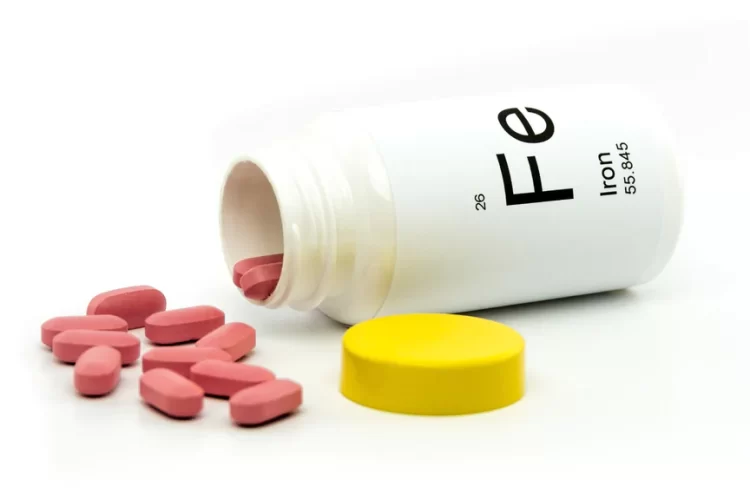Iron deficiency anemia is one of the most common forms of anemia, affecting millions of people worldwide. Iron supplements are often prescribed to replenish iron stores in the body and alleviate symptoms of anemia. We’ll delve into the importance of iron, how iron supplements like Supplement First work, and their role in managing anemia and promoting vitality.
The Importance of Iron
Iron is an essential mineral that plays a vital role in various bodily functions, including:
- Oxygen Transport
Iron is a key component of hemoglobin, a protein in red blood cells that carries oxygen from the lungs to tissues throughout the body. Without adequate iron, the body cannot produce enough healthy red blood cells, leading to decreased oxygen delivery and symptoms of anemia.
- Energy Production
Iron is involved in the production of adenosine triphosphate (ATP), the primary energy currency of cells. Adequate iron levels are necessary for optimal energy metabolism and overall vitality.
- Immune Function
Iron is also involved in immune function, helping to support the body’s ability to fight off infections and maintain overall health and well-being.
Iron Supplements for Anemia Management
Iron supplements are commonly prescribed to treat iron deficiency anemia and restore iron levels in the body. They are available in various forms, including:
- Ferrous Sulfate
This is the most common form of iron supplement and is often recommended due to its high iron content and cost-effectiveness. However, it can cause gastrointestinal side effects such as constipation, nausea, or stomach upset in some individuals.
- Ferrous Gluconate
This form of iron supplement is less likely to cause gastrointestinal side effects compared to ferrous sulfate and may be better tolerated by some individuals.
- Ferrous Fumarate
Similar to ferrous sulfate, ferrous fumarate is a readily absorbed form of iron that may cause fewer gastrointestinal side effects. It is often recommended for individuals who experience intolerance to other forms of iron supplements.
Tips for Taking Iron Supplements
When taking iron supplements for anemia management and vitality, consider the following tips:
- Follow your healthcare provider’s instructions regarding dosage and frequency of iron supplementation. Taking iron supplements with food can help minimize gastrointestinal side effects.
- Vitamin C can enhance iron absorption, so consider taking your iron supplement with a source of vitamin C, such as orange juice or a vitamin C supplement.
- Iron supplements can interfere with the absorption of certain medications and supplements, including calcium, antacids, and certain antibiotics. Take iron supplements at least two hours apart from these medications to minimize interactions.
- Some individuals may experience gastrointestinal side effects such as constipation, nausea, or stomach upset when taking iron supplements. If you experience severe or persistent side effects, consult your healthcare provider.
- It may take several weeks to months of consistent iron supplementation to replenish iron stores and alleviate symptoms of anemia. Be patient and continue taking your iron supplement as directed by your healthcare provider.
Wrapping It Up
By understanding the importance of iron, how iron supplements work, and tips for taking them effectively, you can optimize your iron levels and improve overall health and well-being.

